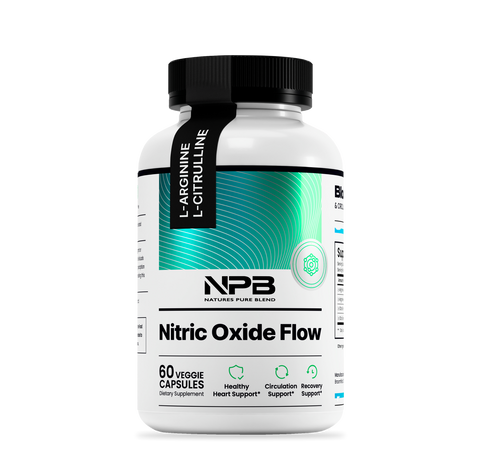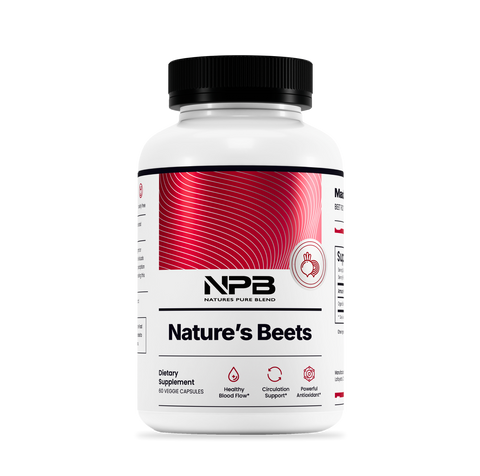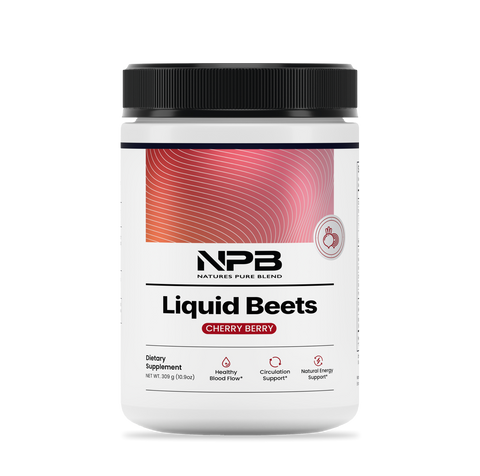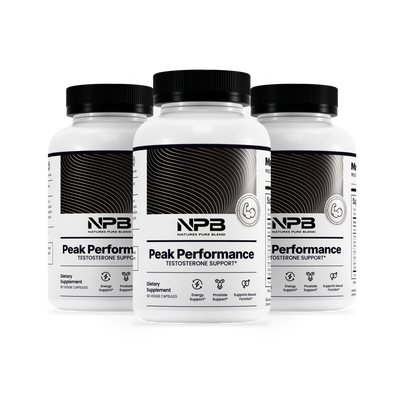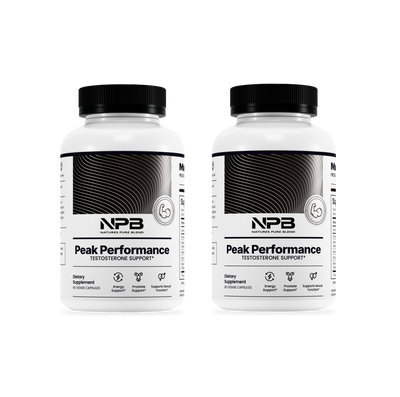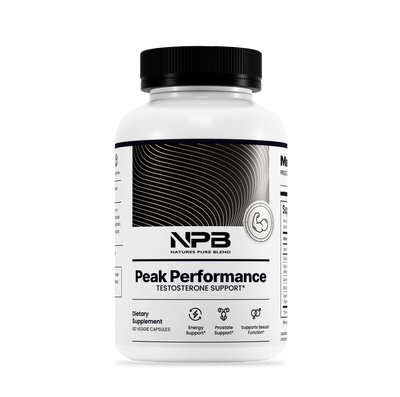Testosterone isn’t just about sex drive—it’s a key hormone for brain function.
When levels dip, your brain is often the first to notice. Brain fog, low motivation, irritability, restless sleep, and dips in confidence can appear. These symptoms reflect disruptions in the brain’s communication with testosterone. Understanding the pathways it directly influences helps you see why these effects happen—and what you can do to support healthy function.
Here are four brain pathways testosterone directly influences:
1. Mood Regulation
Testosterone interacts with brain regions like the amygdala and prefrontal cortex, which regulate emotions, stress responses, and decision-making. When testosterone is low, the balance of neurotransmitters like serotonin and GABA can be affected. This can make it harder to control stress, increasing irritability, anxiety, or even feelings of low self-worth. Healthy testosterone helps maintain emotional resilience and mental stability. [1]
2. Motivation & Reward Pathways
The hormone also affects the brain’s dopamine system, which drives motivation, reward-seeking, and goal-oriented behavior. When testosterone drops, dopamine signaling can become weaker, leaving you feeling unmotivated, less engaged, or easily distracted. Strong testosterone levels help reinforce these reward pathways, supporting focus, drive, and the energy to pursue tasks or long-term goals. [2]
3. Cognitive Function
Testosterone is important for memory, learning, and mental clarity. The hippocampus, a region central to memory formation and spatial navigation, relies on testosterone to function optimally. Low levels may cause brain fog, difficulty recalling information, slower thinking, or trouble concentrating. Maintaining healthy testosterone supports the neural connections necessary for sharp cognition and mental performance. [3]
4. Sleep & Circadian Rhythms
Testosterone influences brain areas like the hypothalamus, which helps regulate sleep and the body’s internal clock. Low testosterone can disrupt the sleep-wake cycle, reducing deep restorative sleep and increasing fatigue. Supporting healthy testosterone allows the brain to signal properly for natural circadian rhythms, helping you feel rested and alert throughout the day. [4]
Conclusion
Testosterone is more than a reproductive hormone—it plays a central role in how your brain regulates mood, motivation, memory, and sleep. When levels drop, the effects can ripple through your daily life, even if you don’t immediately connect them to the hormone. Understanding these pathways empowers you to make lifestyle and nutritional choices that support healthy testosterone and optimal brain function.
